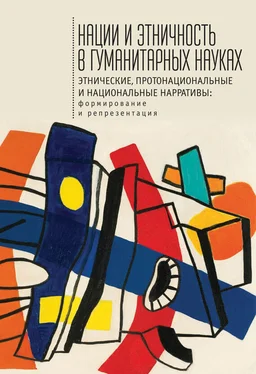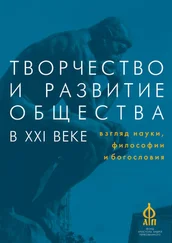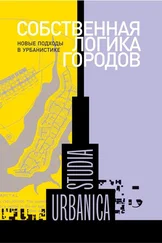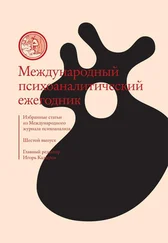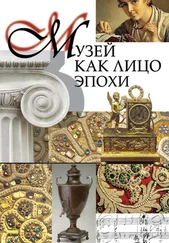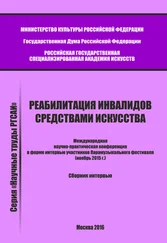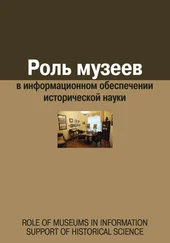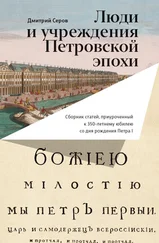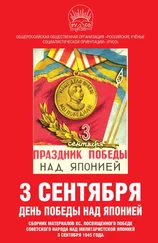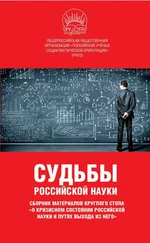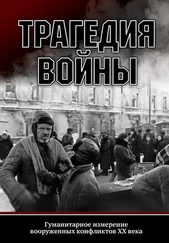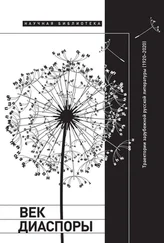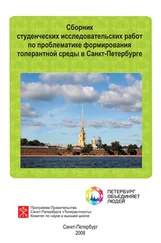Historical Narrative of Modernization and Representation of Political Identities in Ottoman-Turkish Literature
Ş. Başlı
Transformation of the Ottoman Empire into a modern nation-state during the late XIX and early XX centuries refers to a long-debated process. Clarified by the motto of creating 'a unified mass with no privileges and social classes’ [282]; the official Republican modernization policy stresses uniformity of the young 'nation’ as opposed to the multi-ethnic and multi-religious structure of the imperial society. This motto embraces the nationhood as the main constituent ofidentity at the expense of obliterating the legacy of Ottoman modernization process. It labels the 'nationhood’ as the source of modernization; and implies the existence of a realm outside 'modernity’ to absorb ethnicity; gender, religion and tradition. Rather than conceiving the identity formation as a process of ongoing (re) establishment; the 'modern’ national identity basically grounds itself upon three discursive mechanisms: first; the acknowledgement of the analogy between the political and literary histories of Ottoman-Turkish modernization; secondly; the establishment of the myth of'progress’ and 'development’; and its representation through literary production and criticism; and thirdly; the periodization of literary history in accordance with its political counterpart and dissemination of specific imagery about the very act of literary production.
The historical narrative of XIX century Ottoman society is centered on the political modernization of the empire [283]; and on the analogy between the political reforms of modernization and the transformation of classical Ottoman literature (Divan). The emergence of new literary forms and genres and new aesthetic debates; therefore; seem to be the direct consequences of Empire’s political exposure to the Western influence. The main reason for this analogy was the fact that individual novels such as Akabis Story [284], Felátun Bey and Rakim Efendi [285], The Awakening [286], The Carriage Affair [287], The Fresh or The Kosher? [288] mostly dealt with various aspects and many socio-cultural ambiguities of modernization process. The literary history of the birth of the Ottoman novel is supported by the common assumption that the Ottoman intellectuals highlighted the question of what is the proper model for modernization’ in addition to the identity crises resulted from the wide-ranging transformation of the Ottoman society [289]. XIX century– reforms and modernization movement, which came to the fore by the declaration of the Firman [290], exploited the literary field as the basic domain for consolidating paradigm of'modernity’ in the XIX century Ottoman context. Accordingly, modernization was a transition from one particular 'circle of civilization’ [291]to the other, namely from the Eastern to the Western, and these two 'circles’ were mutually exclusive, monolithic entities.
The visible influence of Cartesian dualism in the concept of modernity introduced a specific historical narrative and a certain mode of representing political identities. The former depends on attributing symbolic value to literature as the latter cultivates different binary oppositions like East-West, traditional-modern, old-new, Ottoman-Europe and Ottoman-Turkish Republican. Namik Kemal’s famous criticism in 'Introduction to Celaleddin Harzemshah’ [292]to distinguish clearly the 'old’/’traditional’ literature from the 'new’/’modern’ is the essential foundation of conceiving ‘old’ and new' as mutually exclusive entities and of creating a hierarchy between them. He paves the way for opposing Ottoman classical and ‘realist’ literatures against each other on the basis of their aesthetic value. The definition of‘realism’ and positioning Ottoman classical and ‘new’ literatures against each other, therefore, gain prominence from the point of representing political identities in addition to depicting concrete images of the ‘proper against the ‘super modernization models [293]. The duality of figurative narrative structure of Ottoman classical poetry as opposed to the European realism’s literal narrative has a central role in the identification of binary oppositions.
Divan poetry, thus, is equated with Eastern phantasmagoric narrative, lacking the ability of providing an accurate picture of the world. The novel in turn symbolizes Western ability of grasping the world as it is due to positivism [294]. The dualities of poetry-prose (novel), phantasmagoric-realistic, figurative-literal had been established and followed by dualities between the terms of Eastern, Islamic epistemology, tradition, and old versus the terms of Western, scientific epistemology, modern and new. The contrast, for instance, between the ‘old’ poetic style of Ottoman classical literature and the ‘new’ poetic understanding formed under the influence of Western literature, underestimation of their common aesthetic techniques, styles and structures, and their conception as two different aesthetic domains started to underline the ‘progress’ of literary reforms in the XIX century. It was soon identified with the success of political reforms of Tanzimat era, and the critical discourse was dominated by the idea that the field of literary production is the mirror of political conditions. This brings us to the second discursive mechanism, the myth of progress and development, which is strongly tied to the logic of binary oppositions.
The XIX century literary debates on the aesthetic criteria of ‘proper’ literature signify the essential paradigm shift in the field of literary production [295]. Attracting many Ottoman intellectuals, this debate intrinsically became the field of defining social, cultural, political 'modernity' in the Ottoman context [296]through the clarification of aesthetic criteria which separate the 'modern' from the 'traditional', the 'old' from the 'new', the backwardness' from the 'progress'. The discussions on 'the classical literature', the matter of prosody, the content of proper poetry and introduction of fresh concepts such as 'liberty', 'justice' and 'reason' were among the focal points of the 'new Ottoman poetry' debate. Accordingly, the Ottoman classical poetry became the symbol of political backwardness, childishness and underdevelopment of the Empire whereas characteristics of being realistic, mature, and progressive were symbolically equated with the success of Ottoman modernization, i. e. Tanzimat era.
The dualistic paradigm and the myth of 'progress and development' sustained itself in the XX century since binary oppositions between the Ottoman Empire and the Republic as well as the Eastern and the Western, the 'imperial' and the 'national' identities also defined in terms of their representations in literary works and criticism [297]. The birth of the novel in the Ottoman-Turkish context provides an excellent opportunity to explore how the myth of progress and the separation among classical period of the Ottoman Empire, XIX century Ottoman and XX century Republican modernities were distinguished from each other through the utilization of historical narrative of literary progress and modernization. The historical narrative of XIX century Ottoman literary transformation declares The Love Affair between Tal’at and Fitnat to be the 'first novel of European style' novel, The Awakening to be the first 'novel of literary value' and The Carriage Affair to be the first 'realistic and European-like' novel [298]. There is, yet, Akabis Story which was not mentioned in the core texts of literary history although it was the first serialized novel, in Ottoman language written in Armenian script, in historical timetable, in addition to The Forbidden Affair published in 1900 and considered to be the first novel produced by the 'imaginary faculties of a genuine novelist' [299]to bridge the gap between the mere replicas of incapable Ottoman novelists and the genuine talent of a modern novelist, Halit Ziya, who continued his literary endeavor in the Republican period as well [300]. The penetration of Ottoman classical literature, the inability of XIX century novelists to get rid of literary and technical influence of Ottoman classical poetry became the aesthetic criteria of defining an 'authentic' novel based on premises of French realism and of determining the imitative nature of the old/the traditional/the Ottoman/the Eastern against authenticity of the new/the modern/ the Republican/the Westernized novels. It helps to set up strict borders and to stress the differences rather than commonalities between the terms of such series of binary oppositions. Historical narrative of the birth of Ottoman-Turkish novel turns into the basic realm of determining and maintaining political identities of the empire and the young nation-state. This ultimately results in a linear, teleological understanding of history spreading itself between the point of origin (Divan poetry) and the final destination ('authentic' novels of Westernized realism), and furthermore, the myth of progress and development both in the political and literary realms becomes visible.
Читать дальше
Конец ознакомительного отрывка
Купить книгу
